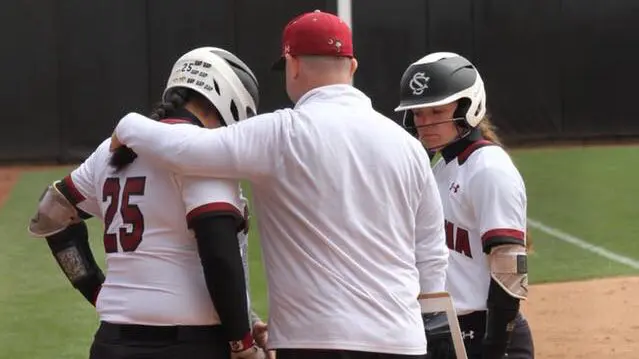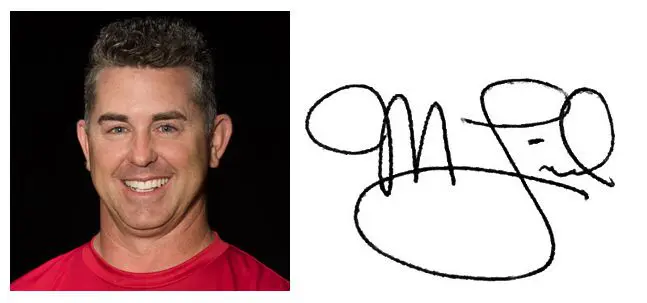Making a Difference for Student-Athletes

Table of Contents
In 2024, the landscape of youth and collegiate athletics, and how we coach student-athletes, is vastly different than it was in 2004, 1994, and even more so than 1954.
You can be demanding but without being demeaning or tearing down. If an athlete is trying but doesn’t understand your words, raising the volume seldom helps. Teach; don’t intimidate. You can be both tough/demanding AND fun/loving. You don’t have to choose one or the other.
My goal for every athlete I coach is this: when that athlete is no longer under my tutelage, they walk away knowing that I gave them all of my love, trust, and respect (just as I’d give one of my own children). My hope is when they get older they’ll realize that those of us who influence (coaches, teachers, parents), who demanded their best, were also the ones who cared about them the most.
Baseball & Softball Coaches: Be Demanding But Not Demeaning
As baseball and softball coaches, it’s so easy for us to be critical of their failures. Sarcasm is easy. Chewing them out after a bad performance is easy. But I know from experience that words of encouragement after a loss or failure are worth more than an hour of praise after a win or success. Let’s do a better job when an athlete isn’t meeting our expectations and makes mistakes. Correct with honesty, directness, and care. Try to remember for many athletes practice is the best part of their day. Make sure they leave feeling the same way.
Related reading: Coaching a Strong Mental Approach
And remember…every young person on your team has a story. Learn it! Invest deeply in your athletes’ lives off the field. My most life-giving years as a coach have been years where I’ve spent more time focusing on the development of my athletes’ hearts and personal development, rather than merely celebrating on-field successes.
When coaching student-athletes we need to strive for authenticity over perfection. A good coach is not afraid to admit to their team that they were wrong—as it builds trust & credibility, even if it doesn’t feel that way in the moment.
Coaches can Lead by Example
Across the country there are baseball and softball coaches that are respected and admired for their “old school” way of coaching. When you closer examine their meaning of “old school,” you see a coach who yells at their athletes to get their point across. They’re demeaning, tearing them down and even using physical punishment as their only means of discipline. They are the true definition of the fixed mindset, unwilling to adapt to the changes in the modern generation, they focus only on the athletes who already possess the talent, instead of developing the ones with the great work ethic—the ones who have heart and potential. These coaches aren’t tough or “old school”…they are lazy and care more about their ego and win-loss record than their student-athletes.

Want a secret to success? LOVE. YOUR. ATHLETES. And let them know this everyday—a smile, high five or a sincere pat on the back is all it takes most days. The most respected coaches don’t try to get athletes & other coaches to respect them—they create a respectful environment by showing respect, trust, and love.
In the context of this post, I used “old school” in quotes because many of the attributes I described are often mislabeled as “old school.” Thankfully, many athletes got to experience truly great “old school” coaches that don’t fit that narrative.
Coach Lisle

The Hitting Vault is the most popular, most trusted and highest rated online hitting community.
The hitting Vault shows athletes how to move their body to unlock their most powerful swing. It’s designed to help coaches get optimal results from their athletes. Join now and get access to 230+ exclusive videos for members. Each video includes step-by-step instruction so you’ll know exactly how to unlock your power at the plate.



